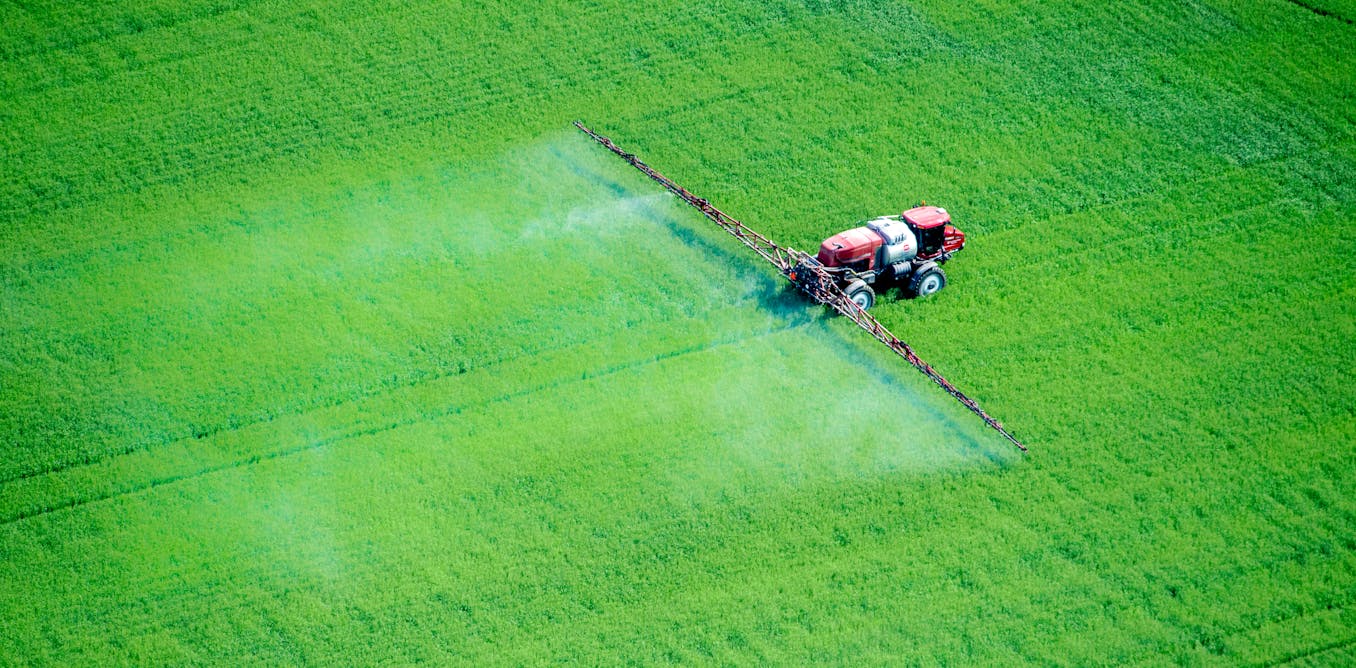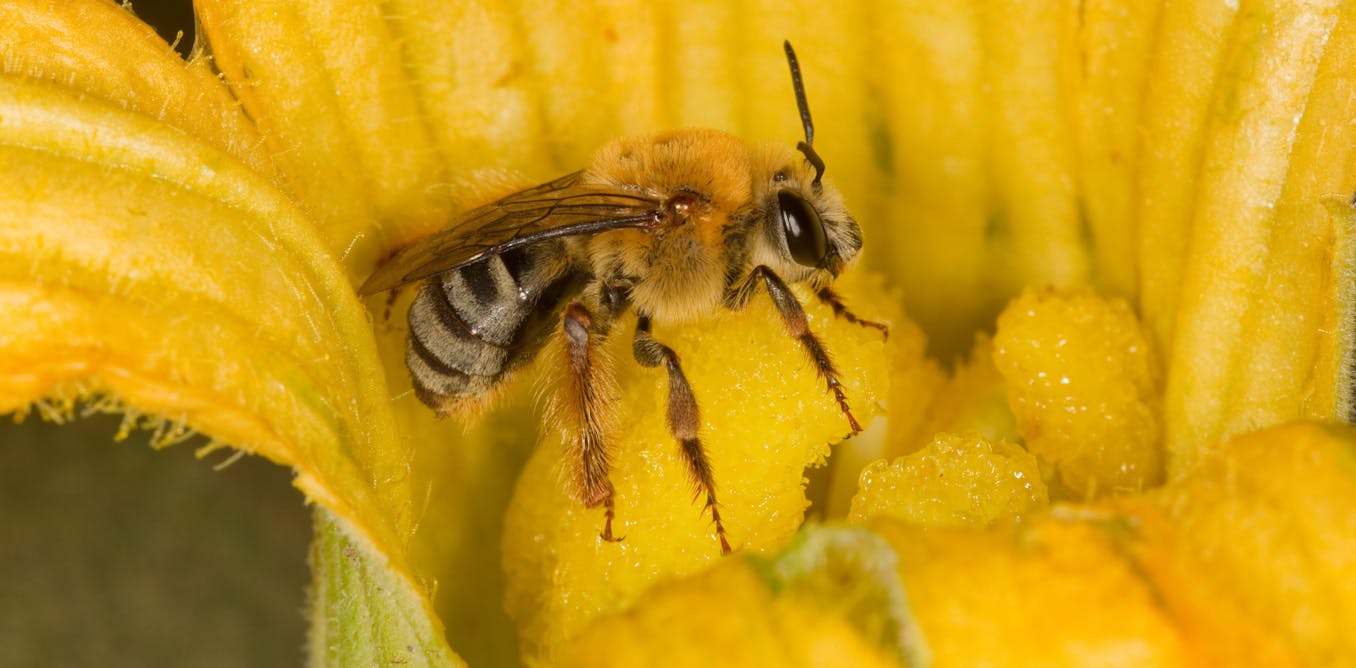'Silent Spring' 60 years on: 4 essential reads on pesticides and the environment
Published in 1962, ‘Silent Spring’ called attention to collateral damage from widespread use of synthetic pesticides. Many problems the book anticipated persist today in new forms.
Oct. 11, 2022 • ~8 min



